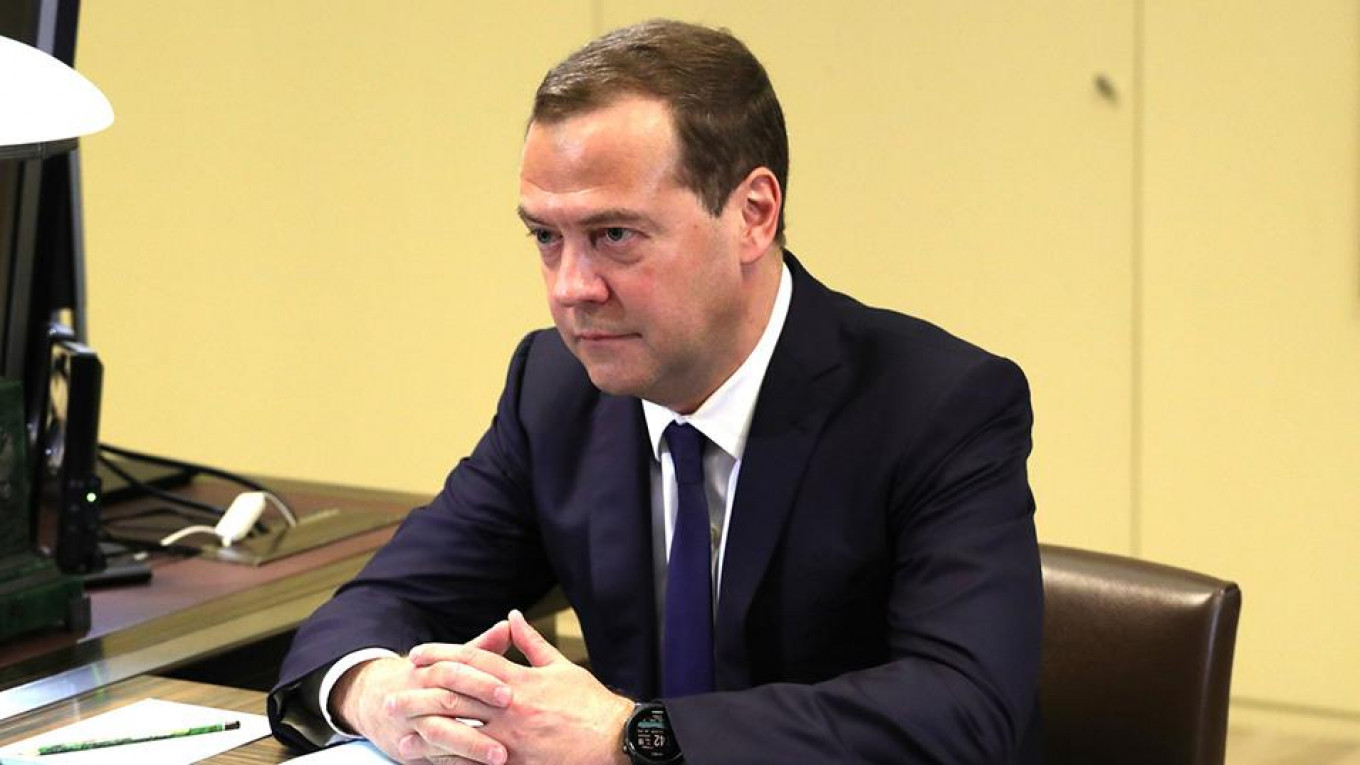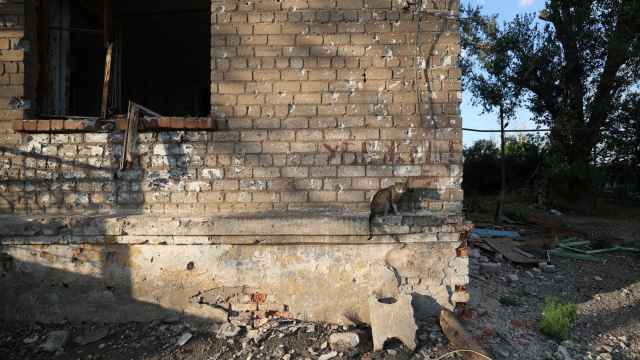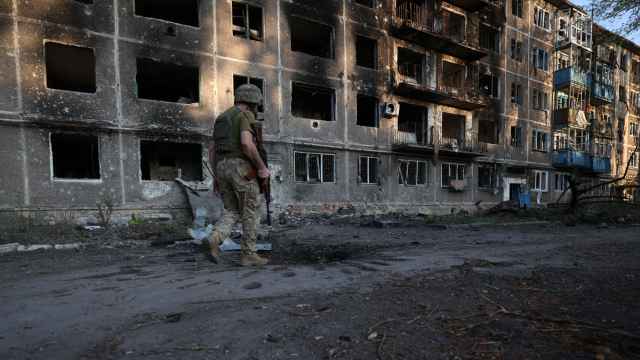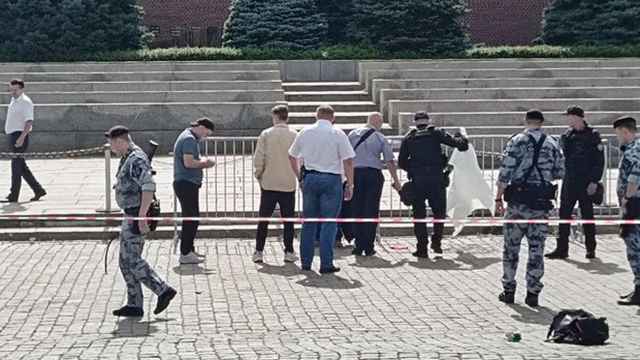The Russian government proposed an increase in the retirement age on Thursday, as the world’s attention was trained on the opening of the football World Cup.
Russian officials have long talked about raising the pension age, but have been reluctant in part because the measure risks stirring up popular discontent and damaging politicians’ popularity. The Russian budget is under pressure from a growing number of pensioners and a shrinking workforce caused by a sluggish birth rate in the early 2000s.
Starting in 2019, the proposal suggest that men’s retirement age will gradually be raised from 60 to 65 years-old by 2028, and for women from 55 to 63 years-old by 2034, Prime Minister Dmitry Medvedev proposed at a cabinet meeting.
“We have long prepared for a higher retirement age and have only reached this point now,” Medvedev said, promising that the increase would also allow the state to raise pension payments.
Medvedev endorsed another unpopular measure: an increase in value-added tax (VAT) from 18 percent to 20 percent, raising prices and adding 1.5 percent to the consumer inflation index. Russia’s newly appointed First Deputy Prime Minister and Finance Minister Anton Siluanov estimated that the VAT increase could add at least 600 billion rubles ($9.6 billion) a year to government revenue.
The government is likely to introduce legislation into the State Duma in the near future to enact both the VAT and retirement age changes.
“People these days not only live longer, they stay active longer too. A retirement-age person 30 years ago and today are simply different people,” Medvedev said in the cabinet session.
“Many in this age are full of strength and the desire to work.”
Reuters contributed reporting to this article.
A Message from The Moscow Times:
Dear readers,
We are facing unprecedented challenges. Russia's Prosecutor General's Office has designated The Moscow Times as an "undesirable" organization, criminalizing our work and putting our staff at risk of prosecution. This follows our earlier unjust labeling as a "foreign agent."
These actions are direct attempts to silence independent journalism in Russia. The authorities claim our work "discredits the decisions of the Russian leadership." We see things differently: we strive to provide accurate, unbiased reporting on Russia.
We, the journalists of The Moscow Times, refuse to be silenced. But to continue our work, we need your help.
Your support, no matter how small, makes a world of difference. If you can, please support us monthly starting from just $2. It's quick to set up, and every contribution makes a significant impact.
By supporting The Moscow Times, you're defending open, independent journalism in the face of repression. Thank you for standing with us.
Remind me later.







